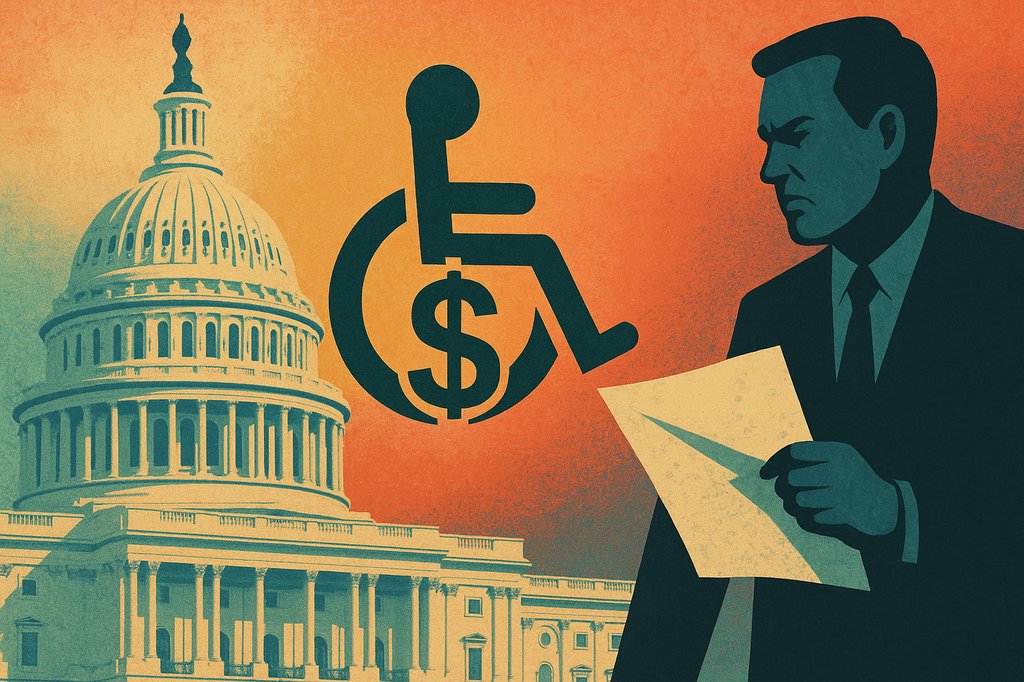Who Will Pay for California’s Eviction Moratorium?

By Jack Humphreville, L.A. Watchdog for CityWatch
Multiple levels of government, including the City and County of Los Angeles, enacted eviction moratoriums because of the adverse financial impact the pandemic had on the health and incomes of families and their ability to pay their rents on a timely basis. This was an appropriate response as we did not want to see fellow Angelenos tossed out of their homes and onto the streets.
While many renters continued to meet their monthly obligations, others did not have the resources to pay their rents in full. This put the owners of rental properties, including “mom and pop” landlords who own many rental units in the City and County, in a precarious financial position because of this unfunded mandate. As owners, both large and small, were being shortchanged on their rental income, they still had to pay their mortgages, real estate taxes, utilities, and other fixed operating expenses. This has caused considerable hardship, as some owners lost their properties to foreclosure while others were forced to sell at a low-ball price.
Property owners were also denied due process because they were not permitted to contest a renter’s self-certification of financial hardship. This resulted in numerous, well documented scams where financially capable renters enjoyed rent holidays by stiffing property owners. However, in August, the United States Supreme Court ruled that this scheme violated the Due Process Clause where “no man can be a judge in his own case.”
While renters may self-certify, the State is making renters and property owners jump through bureaucratic hoops to qualify for emergency rental assistance. As is often the case with the State of California, there is a huge backlog of unprocessed claims. The eviction moratorium was good public policy, but the program was flawed because it did not include compensation for property owners. This violates the Takings Clause of the United States Constitution which protects us from the unreasonable seizure of our property.
Rather than engaging in a losing court battle involving high priced lawyers, the City, County, and State should arrange to compensate property owners for lost revenue. This may involve billions and may even exceed the $5 billion allocated to the State by the Federal government. But fortunately, the State has a huge surplus to cover any overages.
[Note: This is not prank. But City Hall provides lots of material. Garcetti confirmed as ambassador to India. The City Council adopts campaign finance reform. The City Council opts out of land use decisions. The City establishes an Office of Transparency and Accountability. DWP lowers our power rates by eliminating the $225 million transfer tax. The City agrees not to enter into budget busting labor agreements. The list continues to grow.]
This editorial was reprinted with permission from its author and CityWatch. Jack Humphreville writes L.A. Watchdog for CityWatch. He is the President of the Los Angeles Department of Water & Power (DWP) Advocacy Committee and is the Budget and DWP representative for the Greater Wilshire Neighborhood Council. He is also a Neighborhood Council Budget Advocate. He can be reached at: lajack@gmail.com.








